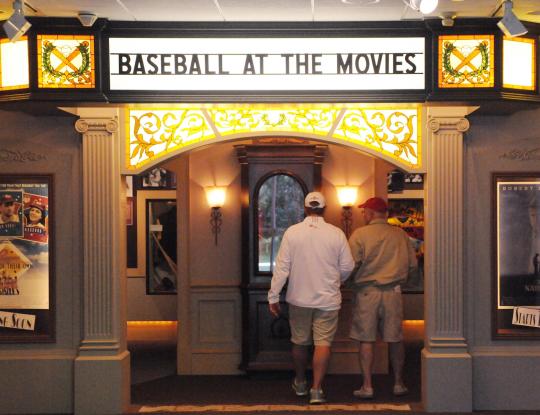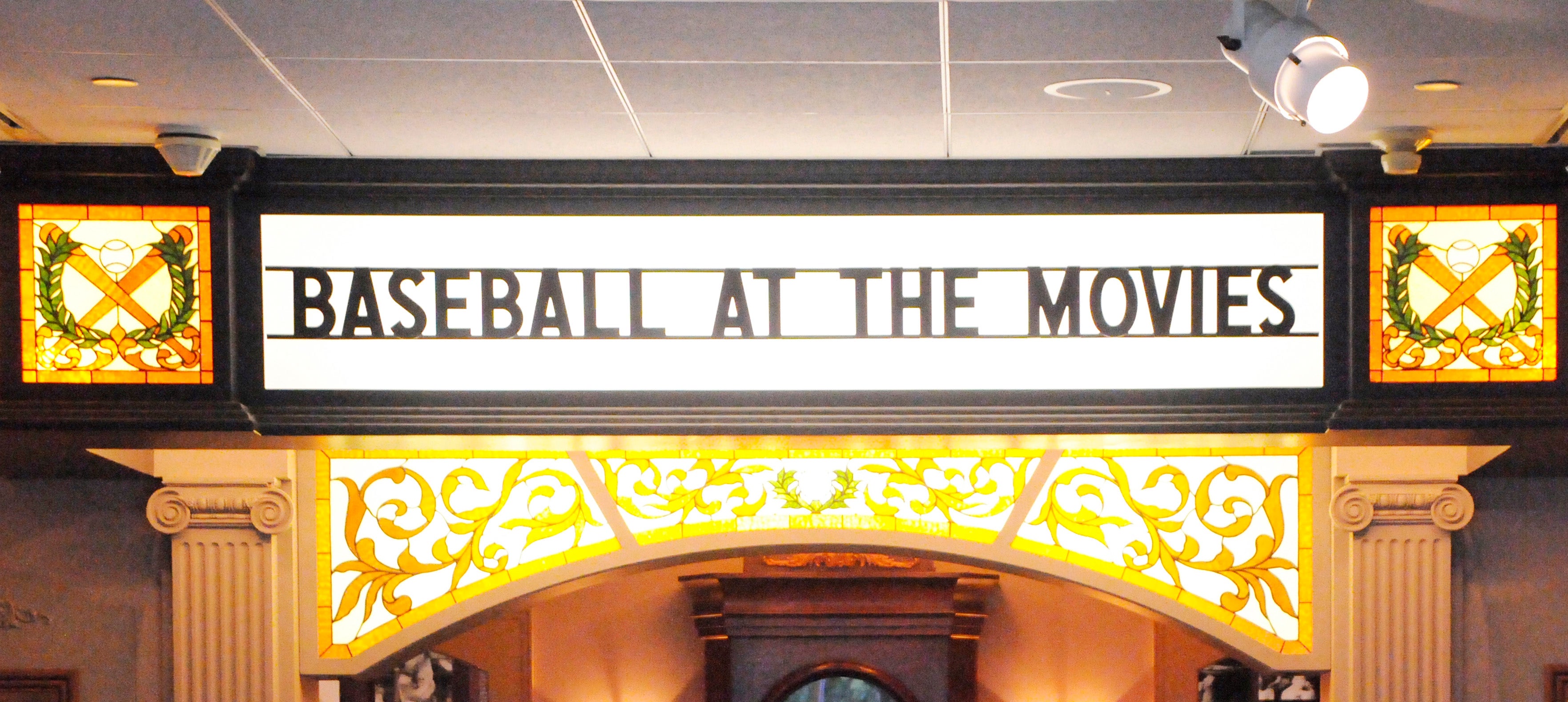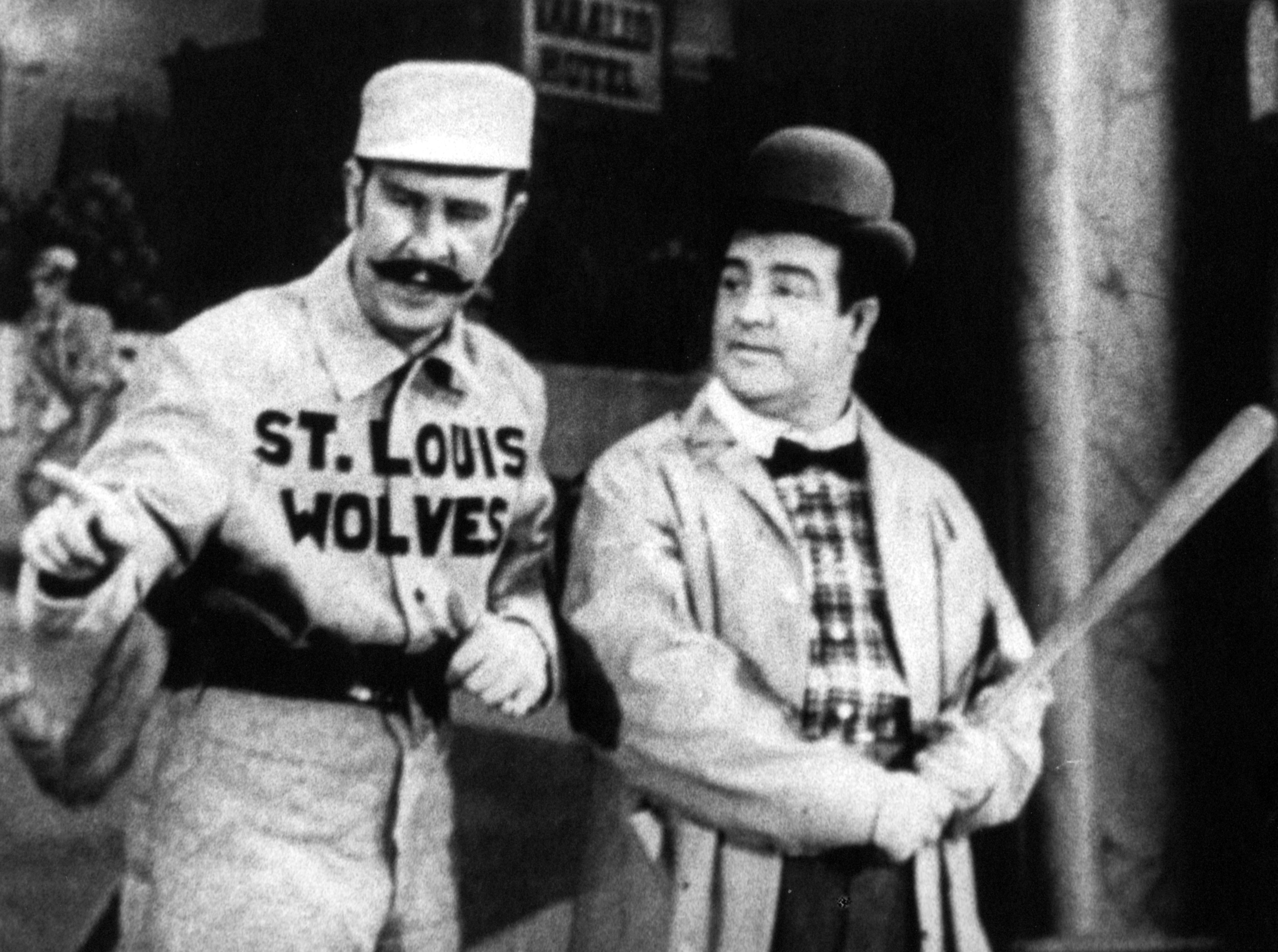‘Spaceman’ to be Screened at Museum’s Baseball Film Festival
HOF:
Have you ever been to Cooperstown?
BR:
I went there the first time with my dad and my brother when I was probably 11 or 12 years old and been there two or three times since. I love it up there. It’s a mecca. And I think it’s great that you show baseball films.
HOF:
Can you talk about the “baseball film” as a genre?
BR:
I can tell you there are a lot of people in Hollywood who would tell you that you should not make a baseball film no matter what the story is because the movie industry is so focused on international business and there are a lot of territories where baseball is not something that they’re especially interested in. If I had a dime for everybody who told me that I shouldn’t bother to make a baseball movie I could have made a baseball movie, but we did it anyway.
HOF:
What has been the reaction to Spaceman?
BR:
It came out in a limited release on Aug. 19 in 15 North American markets, including New York, Los Angeles and Montreal. For an independent film, especially in this budget range, we’ve gotten a tremendous amount of press and exposure. Now it’s available on video-on-demand, which is where independent films make their money back these days. As far as the mainstream critics, it has been, quite honestly, sort of mixed, but we never looked to make something that was going to be a critical darling. We looked to make something that was going to honor Bill and his spirit and be just a real entertaining film to watch.
HOF:
Was Bill Lee involved in the making of the film and what has been his reaction in seeing it?
BR:
Bill was involved every step of the way. I wouldn’t have wanted to do it without his support. At first I think Bill was surprised at our take. To him this was a dark time in his life, which to me made it dramatically fascinating. The first time he saw it was up in Montreal and we screened it for him privately. He was very emotional as it ended, tears were rolling down his face. He loves the ending because it’s him still pitching in his 60s, which he’s understandably proud of.
The Baseball Hall of Fame has in its permanent collection the cap worn by Lee as well as a baseball used in his start for the Brockton Rox in a Can-Am League game against the Worcester Tornadoes on Sept. 5, 2010, an appearance in which he earned the win at age 63 to become the oldest player to pitch and record a victory in a professional game. He broke this record two years later.
Bill Francis is a Library Associate at the National Baseball Hall of Fame and Museum










